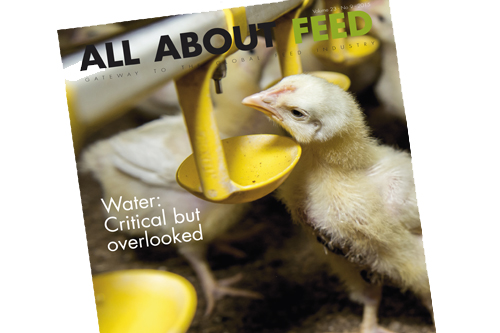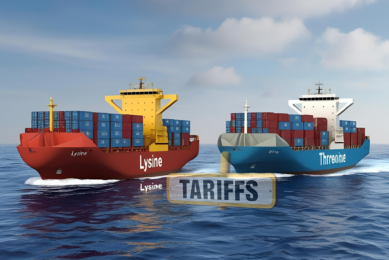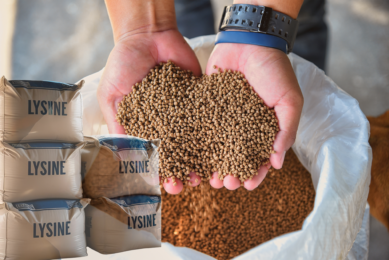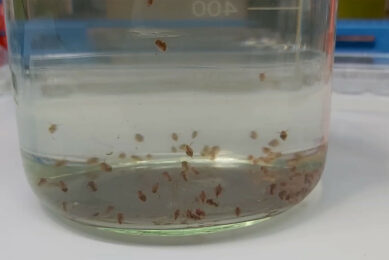New issue of All About Feed now online

The November issue of All About Feed (number 9) can now be read online. In this issue, we delve into the importance of water quality in broilers, the positive side-effects of enzymes on egg quality and practical examples of feeding amino acids to dairy cows. This issue also comes with the special supplement ‘Feeding the farmed fish’.
Water is the most critical, but also the most overlooked, nutrient when it comes to flock performance in the poultry industry. In this respect, the quantity and quality needs ongoing attention, as stated in the article on page 18 of this issue of All About Feed. The authors of the article explain that there are several different ways to characterise water quality, including taste, colour, odour, alkalinity, acidity, pH, presence or absence of bacteria, etc. All these factors can affect the health and performance of the animals.
NSP enzymes and egg quality
The amount of evidence of the indirect prebiotic effect of a certain type of xylanase keeps growing. The main idea is that a partial hydrolysis of soluble and insoluble AX into smaller arabinoxylan oligosaccharides (AXOS) makes them faster fermentable and favours desirable microbiota. This results in production of important levels of desired SCFA’s, and additionally improves morphological and histological changes of the small intestine. It also has a positive effect on egg quality, as explained in the article in this edition of All About Feed.
Amino acids for dairy cows
Amino acid (AA) nutrition will prevent many current problems but is also a long term strategy to support dairy farm sustainability. It improves N-efficiency of the overall farm, hence reducing the N-load to the environment and having a positive impact on milk production, milk quality, animal health and feed costs. In the article on page 30 of this issue, we present some practical examples from ‘on top application’ and ‘reformulation’, the two amino acid strategies a farmer can use.
Special supplement: Feeding the farmed fish
This issue of All About Feed comes with a special extra magazine: Feeding the farmed fish. The aquafeed industry is a booming sector and many innovations and developments are taking place to make fish feed better and more sustainable (such as alternatives to marine based ingredients).

To read the full edition (and previous editions), click here and sign in with your All About Feed account.











